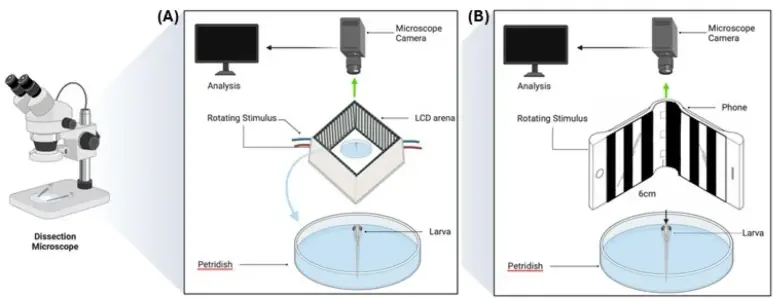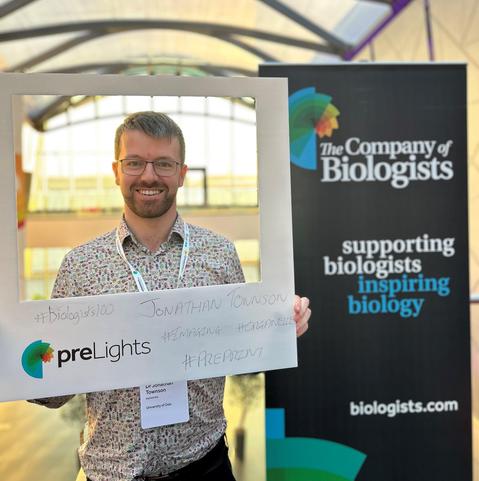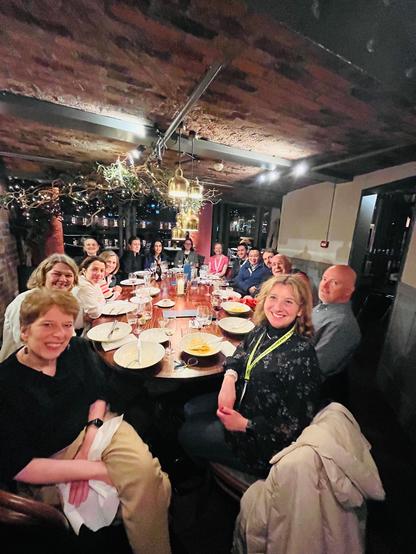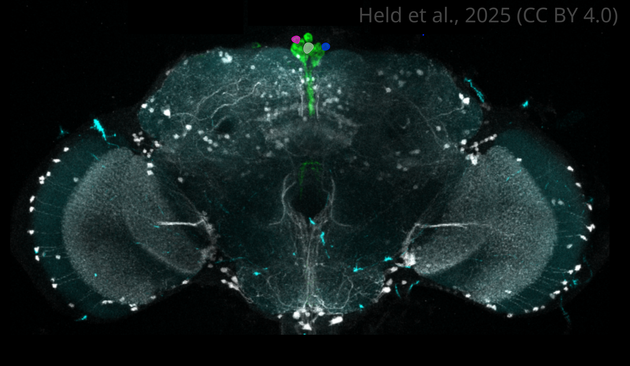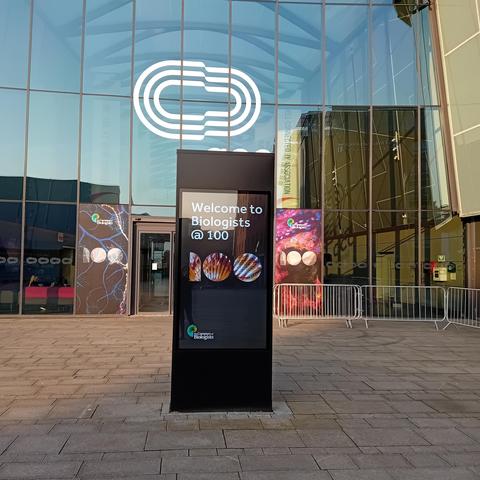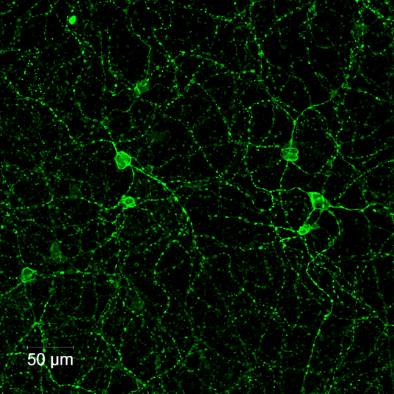Neurogenetics Leicester
- 97 Followers
- 157 Following
- 127 Posts
#FightForSight Funded #PhD project to work on #zebrafish model of infantile nystagmus! at
@NeurogeneticsLeicester
please boost and spread the words! and contact Dr Mervyn Thomas mt350@le.ac.uk directly for this exciting opportunity!
#neuroscience
We’re capturing the energy of #biologists100 by walking around with a polaroid frame, highlighting the incredible early-career researchers at the conference! ✨
We’re kicking things off with @JontyTownson, the #preLights conference reporter, who is uncovering the stories behind the #preprints being presented.
If you're at the meeting, please come say hi + get your snapshot! 📸
https://elifesciences.org/articles/106220?utm_source=mastodon&utm_medium=social&utm_campaign=organic_insights
call for paper
"special issue of ‘Neurobiology of Sleep and Circadian Rhythms’ on all aspects of circadian lighting, from the fundamental neuroscience on the mechanisms mediating responses to light, to studies on circadian rhythm and sleep disruption by the light environment and translational studies optimizing lighting conditions. This may include original articles as well as reviews providing new perspectives on this field"
https://www.sciencedirect.com/special-issue/319333/circadian-lighting
@bioclocksuk
Excessive olfactory memory in the insomniac fruit fly mutant:
"we report our surprising findings that insomniac (inc) Drosophila short sleep mutants, which lack a crucial adaptor protein for the autism-associated Cullin-3 ubiquitin ligase, exhibited excessive olfactory memory."
And then the paper goes on to inquire into the molecular basis of this, and reports:
"find that a mild attenuation of Protein Kinase A (PKA) signaling specifically rescued the sleep and longevity phenotypes of inc mutants. Surprisingly, this mild PKA signaling reduction further boosted the excessive memory in inc mutants, coupled with further exaggerated mushroom body overgrowth phenotypes."
From:
"Cognitive hyperplasticity drives insomnia", by Huang et al. (Sigrist lab) 2024
https://www.biorxiv.org/content/10.1101/2024.07.16.603670v1.full
Given the choice, mice spend less than 1 hour a day in bright environments.
SWC Seminar speaker Dr Stuart Peirson (University of Oxford) discusses circadian rhythms and naturalistic behaviour in our latest Q&A.
Read more ⬇️
https://www.sainsburywellcome.org/web/qa/dawn-dusk-science-behind-light-and-circadian-rhythms
